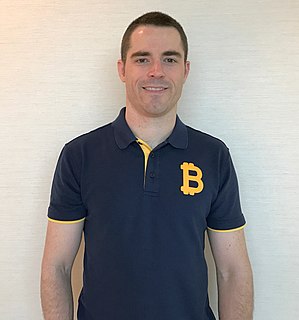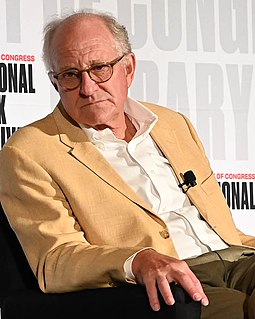A Quote by Chris Larsen
A distributed ledger is basically a shared database that allows institutions to directly send and receive money in a trustworthy fashion without a middleman. As a result, we have the capacity to connect the world's payment systems for the first time.That's a big deal.
Related Quotes
The blockchain concept was pioneered within the context of crypto-currency Bitcoin, but engineers have imagined many other ways for distributed ledger technology to streamline the world. Stock exchanges and big banks, for example, are looking at blockchain-type systems as trading settlement platforms.
All one needs to do is just to go to any hospital in America and see the number of Pakistani or Indian or Lebanese, or Syrian, or Egyptian doctors, who are either first generation or themselves immigrants, to know, and I'm a big believer - brains are distributed evenly around the world. What aren't distributed evenly are opportunities, stable government, educational institutions, etc.
Acoustic ecology is the study of information systems: the shared acoustic environment and how species send and receive messages in this shared acoustic environment. What these messages mean - meaning, what are the consequences and the changes of behavior in any species. And it has as much to do with us individually and biologically as it does with the shaping of cultures and beliefs.
If it were possible to hold onto this sort of database and really be assured that only good guys get access to it, we might have a different discussion. Unfortunately, we don't know how to build systems that work that way. We don't know how to do this without creating a big target and a big vulnerability.

































